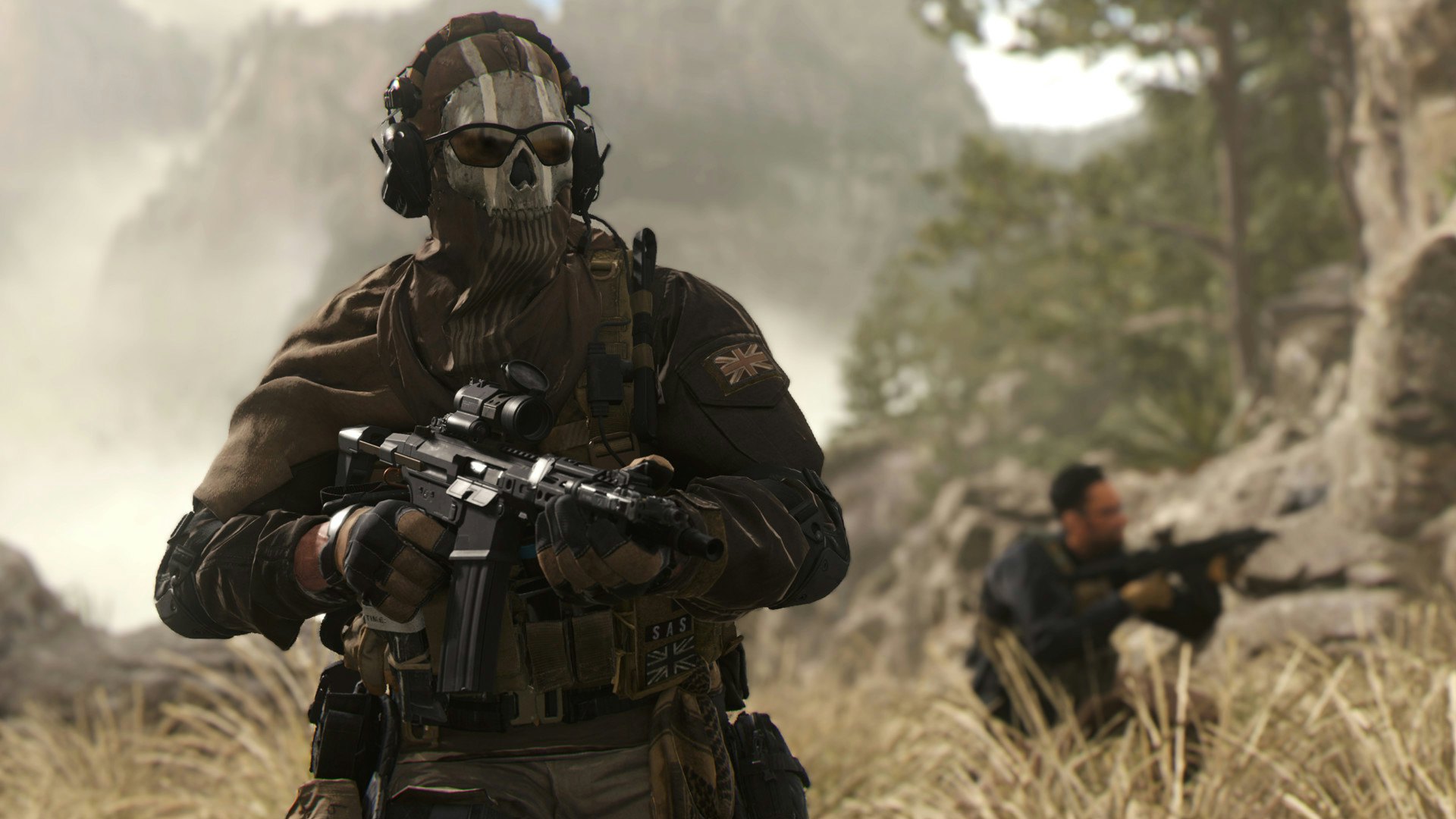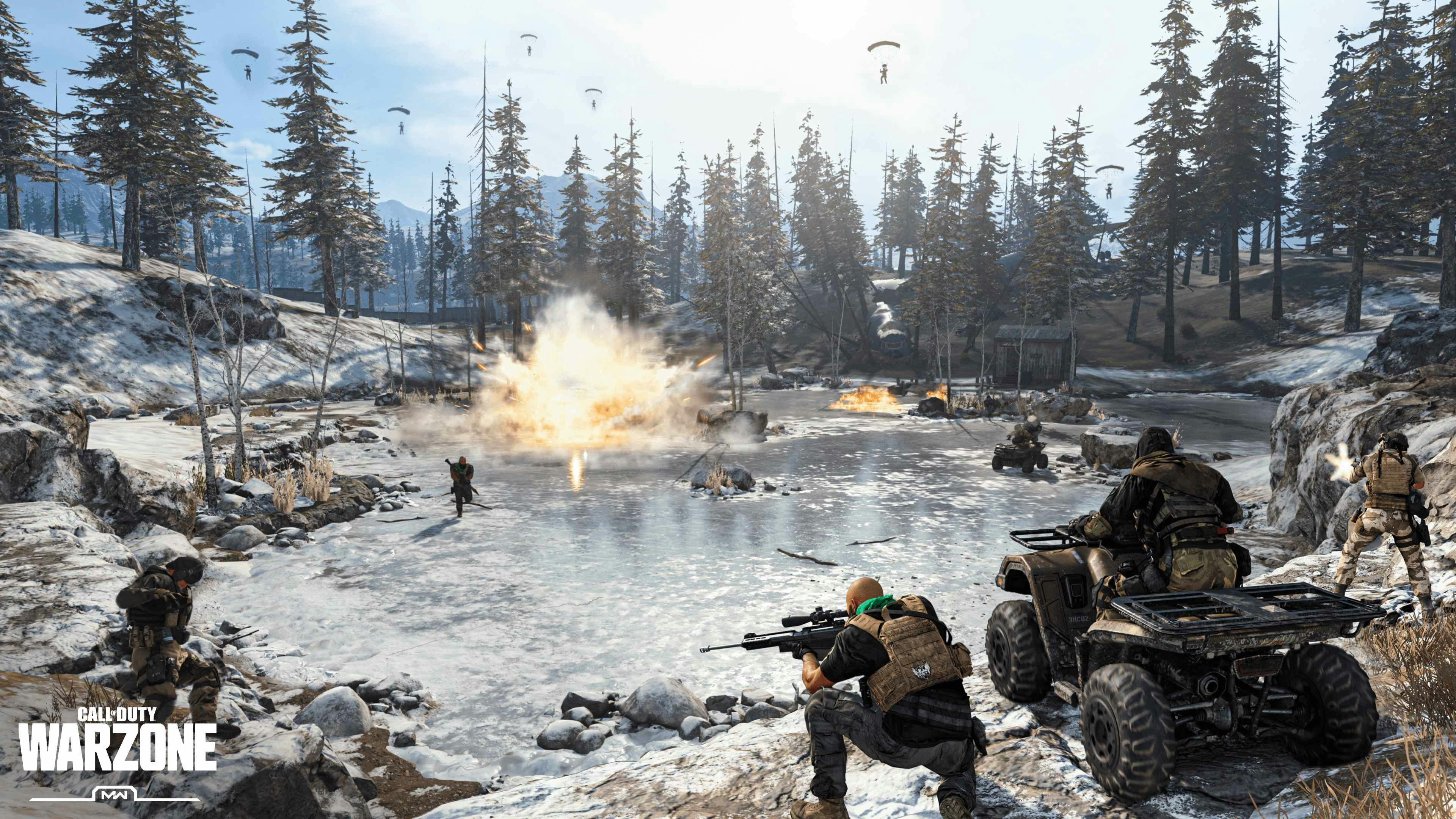
For over a year now, Microsoft has been in the process of finalizing its acquisition of Activision Blizzard. Road bumps in the process have come from the fear that this would constitute a monopoly, with competitors like Sony vehemently opposing the deal and government agencies from the United States and abroad taking a close look at the deal and considering if it should be allowed to go through.
A new report from one such agency floats the possibility of having Microsoft sell off Call of Duty to make the deal go through. While this sounds absurd, considering the popularity of the franchise, it is actually more likely than you might think.

On February 8, the United Kingdom’s Competition and Markets Authority (CMA) published provisional findings on its investigation into the proposed deal between Microsoft and Activision Blizzard. The CMA report states that the deal “could result in higher prices, fewer choices, or less innovation for UK gamers.”
The solution? One option CMA suggests is the “divestiture of the business associated with Call of Duty.”
At first glance, this may seem like an unlikely concession for Microsoft to make. Call of Duty is one of the biggest franchises around, and still the king of the first-person shooter genre. Sony itself has voiced fear in the past that Microsoft will make Call of Duty exclusive to Microsoft platforms at some point in the future should the deal go through.
This exclusivity is an element of the CMA’s desire to ask Microsoft to sell the franchise. In its provisional findings, the CMA found “that weakening competition by restricting the access that other platforms have to Activision’s games could substantially reduce the competition between Xbox and PlayStation in the UK.”
But the likelihood of this deal comes down to one thing — Candy Crush.
Before Microsoft’s attempted acquisition of Activision Blizzard, Activision Blizzard itself acquired another prominent company, King Digital Entertainment. In 2016, King was acquired by Activision Blizzard and is now a subsidiary of the company. King’s largest product is the mobile game Candy Crush Saga.
King itself is a crown jewel in Activision Blizzard’s crown, pulling in $692 million in revenue in Q3 2022. In comparison, Activision pulled in $480 million and Blizzard $543 million. This comes down to the lasting success of the mobile suite of games King runs, specifically the Candy Crush franchise.

While the CMA does highlight the possibility of monopolizing the console market by making Call of Duty and other beloved franchises exclusive to the Microsoft ecosystem as well as pointing out the company’s majority market share of cloud gaming services (an estimated 60-70 percent according to the CMA), the company does not have a strong mobile presence in the gaming industry.
While capital “G” Gamers may be more concerned with how the deal impacts the console space, Microsoft the company is more concerned with the profit potential of the acquisition. By the numbers, King consistently stands as the biggest gain for Microsoft in this department, and also fills in a hole in the company’s offerings. So, Call of Duty might be a small price to pay to make this deal happen.
Crucially, the CMA does not detail how this divestiture would occur. Does selling Call of Duty mean selling the studios who make the game, or is it just the sale of the IP itself? If Microsoft could get away with only losing the IP, then they could always take the teams that make the franchise what it is and build something new with the same blueprint but without the brand.
All of this does raise one question — Who would purchase Call of Duty? Certainly plenty of potential suitors could want it, but who could afford it?
Sony is out as an option due to how this also stems from a conversation about the fear of exclusivity, and Sony is arguably the king of exclusives. A more likely buyer would be a large company in the gaming industry that does not have hardware of its own. Realistically there seem to be three places that fit this bill: Tencent, Embracer, and Epic.
The Chinese conglomerate Tencent already has a large portfolio of iconic games, including developer Riot and its properties such as League of Legends. Swedish group Embracer has been slowly building its portfolio bigger and bigger with smaller acquisitions, breaking into bigger fish by acquiring Square Enix’s western studios and a handful of iconic IP in 2022. Epic is already known for its pedigree in making shooting games, having developed Gears of War and Fortnite.
Microsoft has about three months to consider its next steps, and how far it is willing to go to make this acquisition happen. The CMA will issue its final report on the deal by April .







